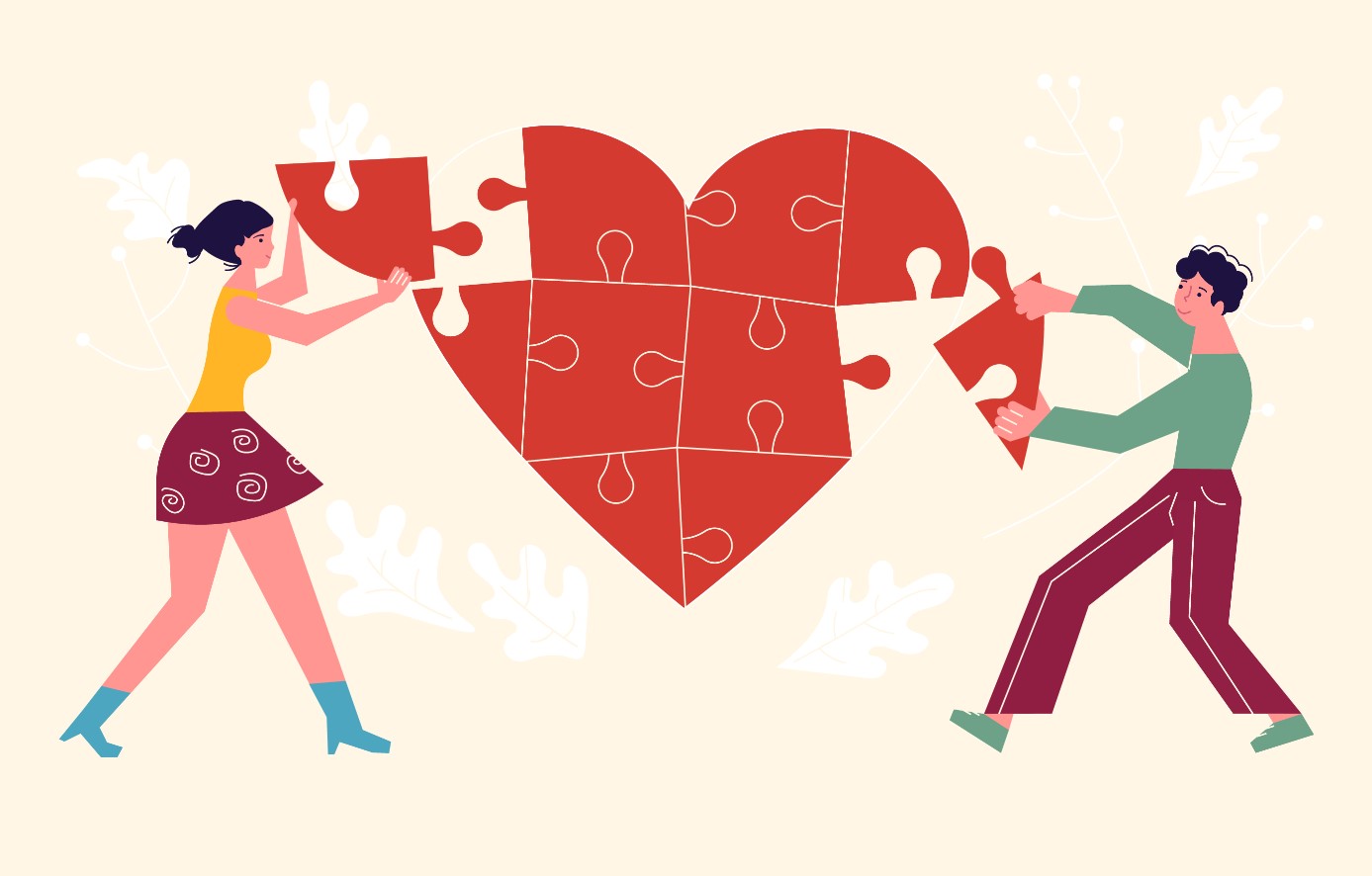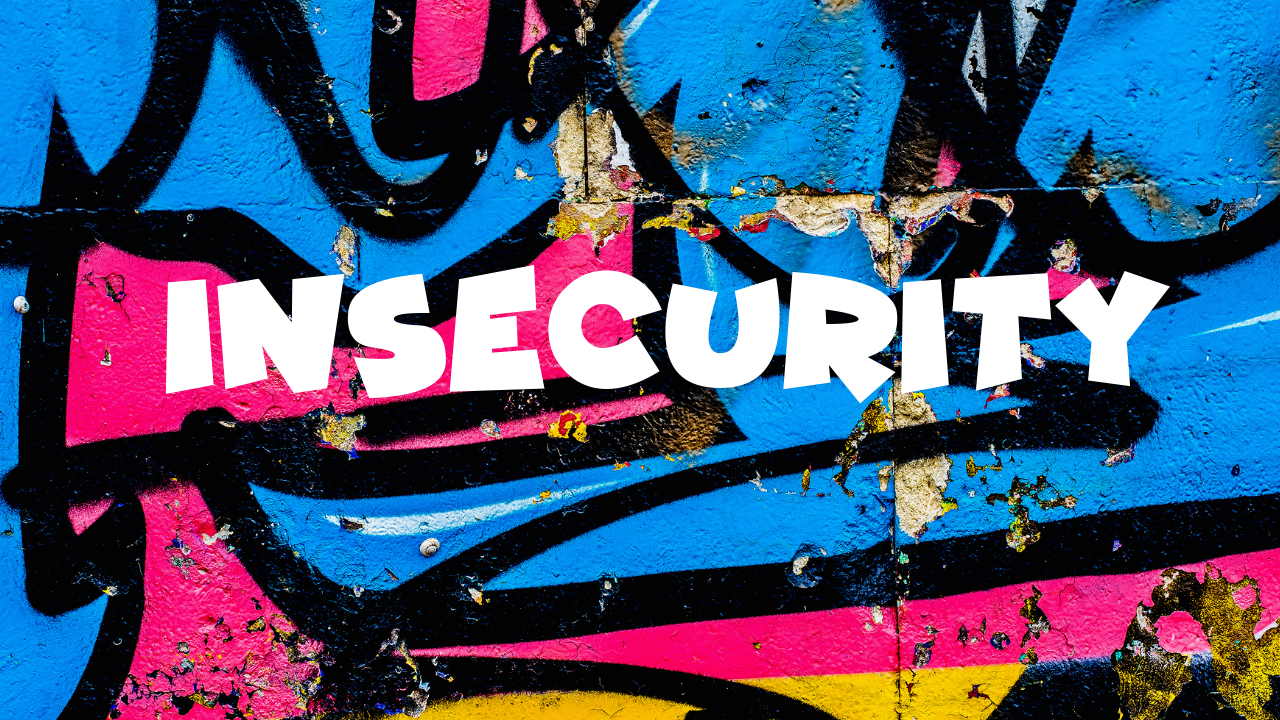The Double-Edged Dagger of Jealousy
Jealousy is often attributed to people who are unbalanced and insecure. Society believes that jealousy is an unworthy feeling and you must get rid of at all costs. In reality, this feeling is inherent in every person to one degree or another, because it is embedded into our survival system to be in intimate relationships. And as soon as we see a threat to the relationship, however imaginary, jealousy turns on its siren. For some people the signal is barely audible, and for some it yells in a shrill voice. Why is that?
Jealousy Means Value
We are most often jealous of the person we care about, with whom we are connected by love, friendship, emotional intimacy, sex. On the contrary, we are rarely jealous when we are in a non-serious relationship. So jealousy is a signal that this person means something, and, of course, we are terrified of losing them.
Jealousy is not a single emotion, but a mixture of several strong confounding feelings: anger, worry, anxiety, fear, worry, helplessness, hopelessness and sadness. Moreover, in romantic relationships it is possible to feel jealous of seeming infidelity while experiencing sexual arousal. We become confused by our certainty that we should only experience one feeling. Painful negative feelings can be mixed with positive feelings of love. We want to experience only one kind of emotion, positive or negative, but we have both kinds in us, often in waves, overwhelming us.
The Many Faces
Now let’s look at what causes this cocktail. Research suggests that the vast majority of men experience jealousy over sexual infidelity. One theory attributes this to the fact that sexual infidelity brings their paternity into question. If a man is unsure of his paternity, he runs the risk of not passing on the genes to his offspring. In contrast, a woman is always confident that she will pass on the genes to her children. Her task is to provide her children with everything they need to survive. A woman needs protection, care and resources for her own survival and that of her offspring. That is why it is more frightening for a woman when a man is emotionally attached to another woman. After all, it means that he can give up protection, resources in favor of another partner. This theory suggests that jealousy occurs when gene transfer becomes threatened.
Alternatively, we may address the attachment theory, claiming that these mechanisms are biologically determined. John Bowlby identified four types of attachment:
Secure attachment. As children, such people quickly re-establish contact with their parents after separation and feel safe. Adults with secure attachment feel both close and autonomous in relationships, they’re are able to express their feelings freely.
Anxious attachment type. As children, such people cling excessively to a parent after separation. As adults, they become overly dependent on close relationships.
Avoidant attachment type. Children avoid their parents after separation and reject support. Adults reject the need for intimacy and act emphatically self-sufficient.
Chaotic attachment type. Children show disorganized behavior after separation. On the one hand, they seek intimacy, but when intimacy is offered, they reject it. Such partners in a relationship experience constant fear of rejection and chaotic, unpredictable emotions.
The innate types of attachment are superimposed on the experience of relationships with our loved ones, especially our parents. If you were born with an anxious or disorganized attachment type, but had warm, emotionally responsive parents, you will feel more confident in your relationships and less jealous. But if these types of attachment are layered on top of childhood experiences in which your parents were rejecting, critical, or emotionally cold, it will only make you feel more insecure in the relationship. Childhood rejection traumas, combined with attachment anxiety, can fuel jealousy whenever a real or perceived danger of losing contact with a partner appears on the horizon.
So a lot depends on how we were born and our childhood experiences. Of course, if you were born with a secure attachment, you will be less jealous. That doesn’t mean you won’t be jealous at all, though. I remember one of my secure attachment clients telling me, “I have absolutely no jealousy. My wife tried so many times to make me feel that way, but nothing even clicked inside”. But that all changed when he got married. One day at a party one of his business partners was flirting with his wife. He suddenly felt literally torn with jealousy. Now imagine how a partner with an anxious or disorganized type of attachment would feel at that party!
Dull The Blade
You can do a lot for your jealous partner with an anxious attachment type by understanding this characteristic. And one of the first and very important steps is acceptance. It can be manifested in many ways – “I understand that you need more intimacy and security in the relationship. I understand that you need more hugs and my physical presence. I will try to do that. But I wish you would give me more space. I cherish the fact that you’re afraid of losing me. But when you call me 20 times a day, I feel like you don’t trust me and I’m hurt. You and I can make a deal that as soon as jealousy starts creeping up on you at the party, you’ll give me a sign. It will only be our sign, no one will know about it.” In other words, talk to your jealous partner about your feelings and what they mean to you.
Sheathe The Dagger
If the a jealous person read the article up to this point, there should already be resentment. I understand that your partner’s jealousy can be discouraging. You can feel under the pressure of endless complaints, accusations, and criticism.
When I do couple therapy, I see these cycles, when one stalks and the other distances themselves. If only the jealous partner would risk saying, “You are a very dear person to me. I’m very afraid of losing you. I realize I’m hurting you! I feel very guilty about it. But when you drift away and stop talking to me or paying attention to someone else, I get so panicked that I can’t think straight! I just want to shake the assurance out of you that I still mean something to you!” Often in response to these words, partners hug. For me, this is beyond words! That’s what intimacy is. When one takes the risk of sharing their fear and the other responds with a hug! That’s what happens in a therapy session with couples who are working on their relationship… But most jealous people in life resort to other strategies.
Stalkers In The Night
As the positives in the relationship are devalued, all the methods described below come into play, eventually ruining the relationship.
Blaming
If the partner denies his or her transgressions, the jealous person considers it cheating and tries to prove his or her point or to incriminate cheating by facial expression, by the perceived insecurity in his or her voice, and so on. If the partner does not admit guilt, he may call him a cheater, a traitor. The disadvantage of the accusation strategy is that it is likely to make you and your partner even more distant from each other.
External Humiliation
The jealous person hopes to show that they would be better off with them, rather than the rival. It is declared that the rival is not so attractive, intelligent and successful. But often this forces the partner to stand up for the unsuspecting rival, which only further increases jealousy.
Internal Humiliation
By belittling or devaluing their partner, the jealous person is trying to show how imperfect and inferior they are. They hope to prove that the partner is lucky to have them and that they are not worthy of attention from someone else. “You’re stupid, you’re dumb, you’re inadequate, no one wants you, what have you achieved” – the list of humiliations goes on. This is a dangerous strategy that can lead not only to estrangement, but also to imminent breakup.
Breakup Threats
By threatening to break up the relationship, the jealous person hopes that you will get scared and strive to win them back. Or they hopes you will suffer just as they did. It often happens that the one who is threatens to break up leaves first.
Feedback Jealousy
A jealous person resorts to the folk wisdom “jealous means loving.” To do this, they may flirt or engage in demonstrative manner on social networks. They think making the partner jealous too will strengthen the relationship. What often happens instead is the wrath of the partner, which in itself is alienating. In addition, it undermines trust in the relationship.
People resort to these strategies in order to keep a loved one, to get an emotional response. But as we can see all of these strategies only lead to estrangement in the relationship. It is like being thirsty, but going in the opposite direction of the spring! You will agree it’s not a smart strategy. The ultimate problem is, who on Earth never ever resorted to one of those?
For premium readers







